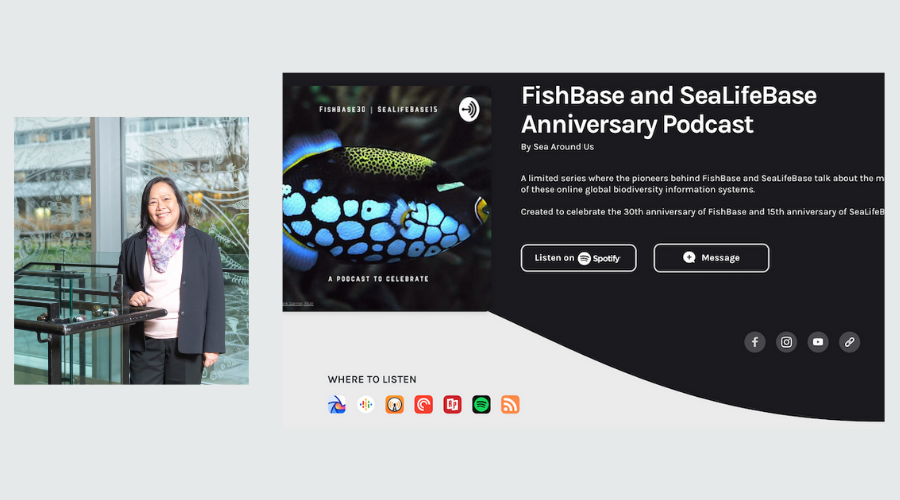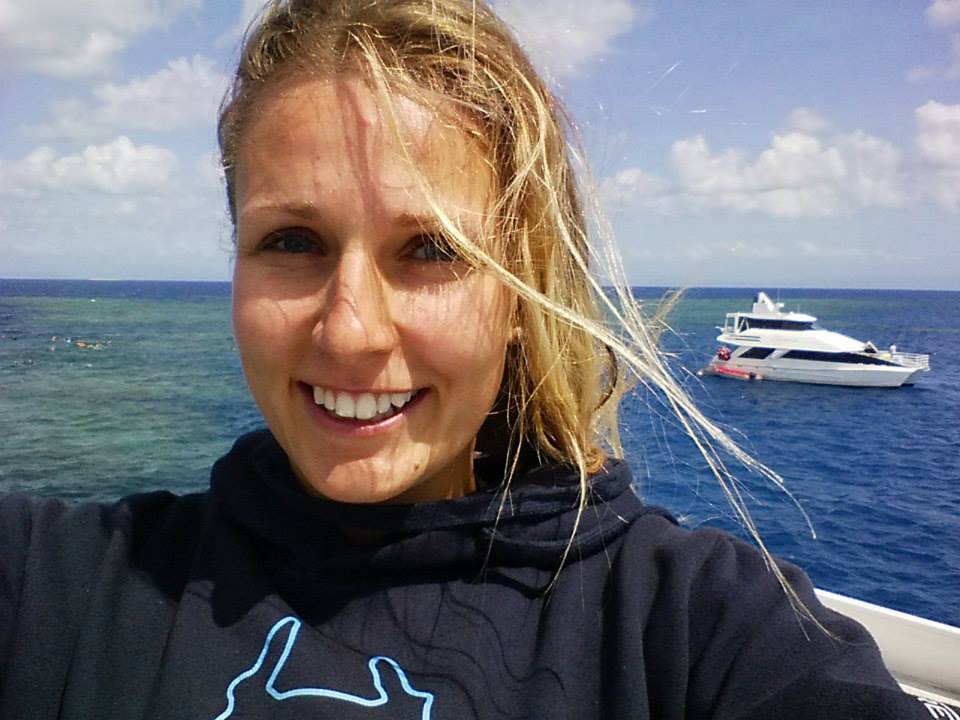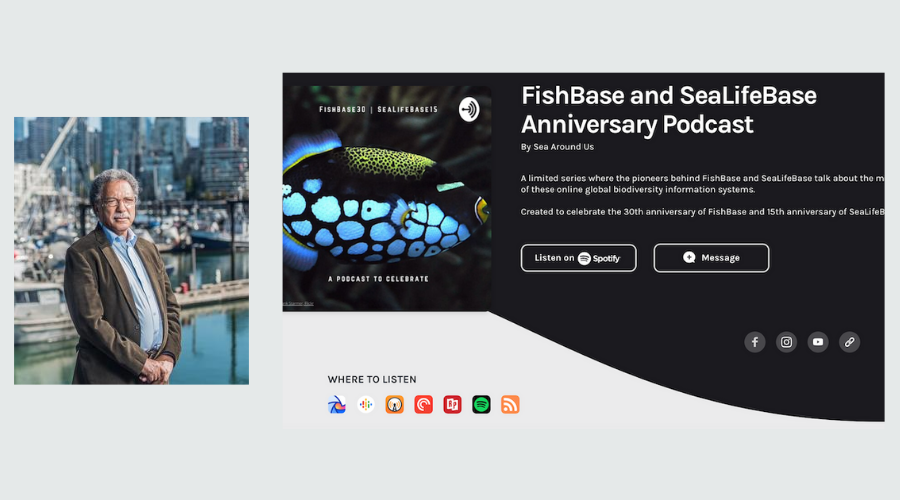On the third episode of the FishBase and SeaLifeBase Anniversary Podcast, Deng Palomares talks about how SeaLifeBase came to be.
Jessika Woroniak awarded James Robert Thompson Fellowship
Ms. Jessika Woroniak, who is a research assistant with the Sea Around Us since 2017, has been awarded the James Robert Thompson Fellowship on the recommendation of the Faculty of Graduate Studies at the University of British Columbia and a committee of faculty members from the School of Public Policy and Global Affairs (SPPGA).
Popular fish species disappear from Turkey’s Marmara and Black Seas
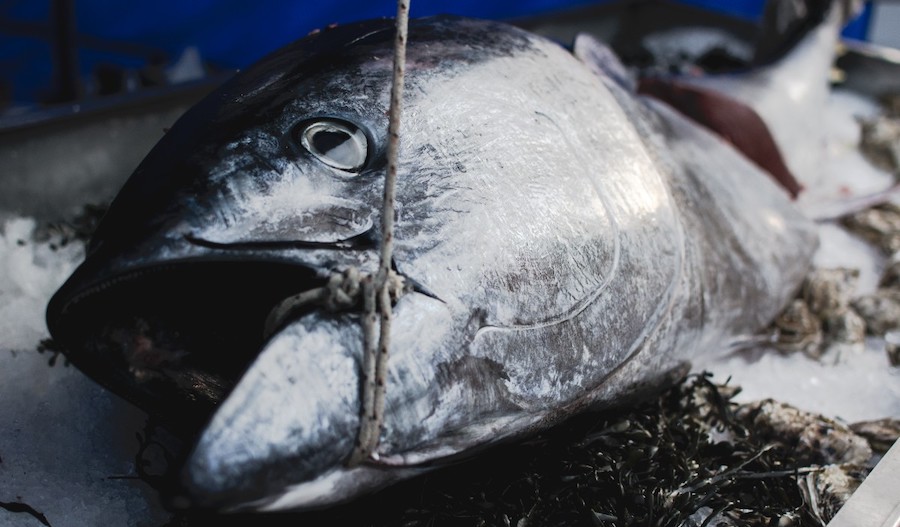
Bluefin tuna. Image from Pxhere, CC0.
Bluefin tuna, swordfish and Atlantic mackerel are among the fish species considered commercially extinct or extirpated on the Turkish side of the Marmara and Black Seas.
A new study by researchers with the Sea Around Us initiative at the University of British Columbia, Mersea Marine Conservation Consulting, Turkey’s Central Fisheries Research Institute and the Institute of Marine Sciences and Management at the University of Istanbul, found that 17 fish species have been extirpated and 17 are commercially extinct in Turkey’s Black Sea, while 19 have been extirpated and 22 went commercially extinct in the Sea of Marmara.
Daniel Pauly talks about the creation of FishBase
On the second episode of the FishBase and SeaLifeBase Anniversary Podcast, Daniel Pauly talks about some of the rewards and challenges of creating FishBase and turning it into a leading biodiversity information system.
Treating fish as a public health asset can strengthen food security in lower-income countries
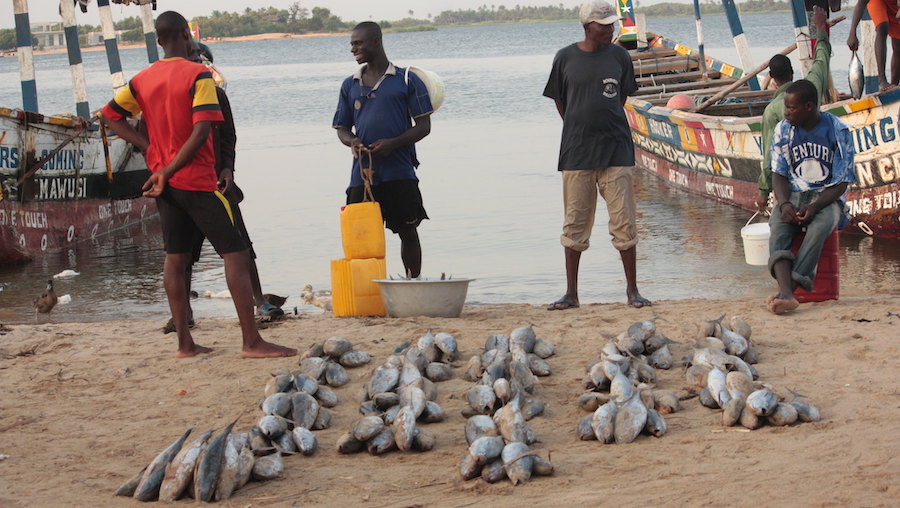
Fishing in Ada Foah, Ghana. Photo by jrwebbe, Flickr.
The food and nutrient security of billions of people worldwide depend on fish being treated as a domestic public health asset instead of a commodity.
A new paper by researchers with the Sea Around Us – Indian Ocean initiative at the University of Western Australia and the Sea Around Us global initiative at the University of British Columbia reviews evidence to back the urgent need to develop health- and nutrition-focused fisheries policies that drift away from current export-oriented, profit-maximizing policies.


